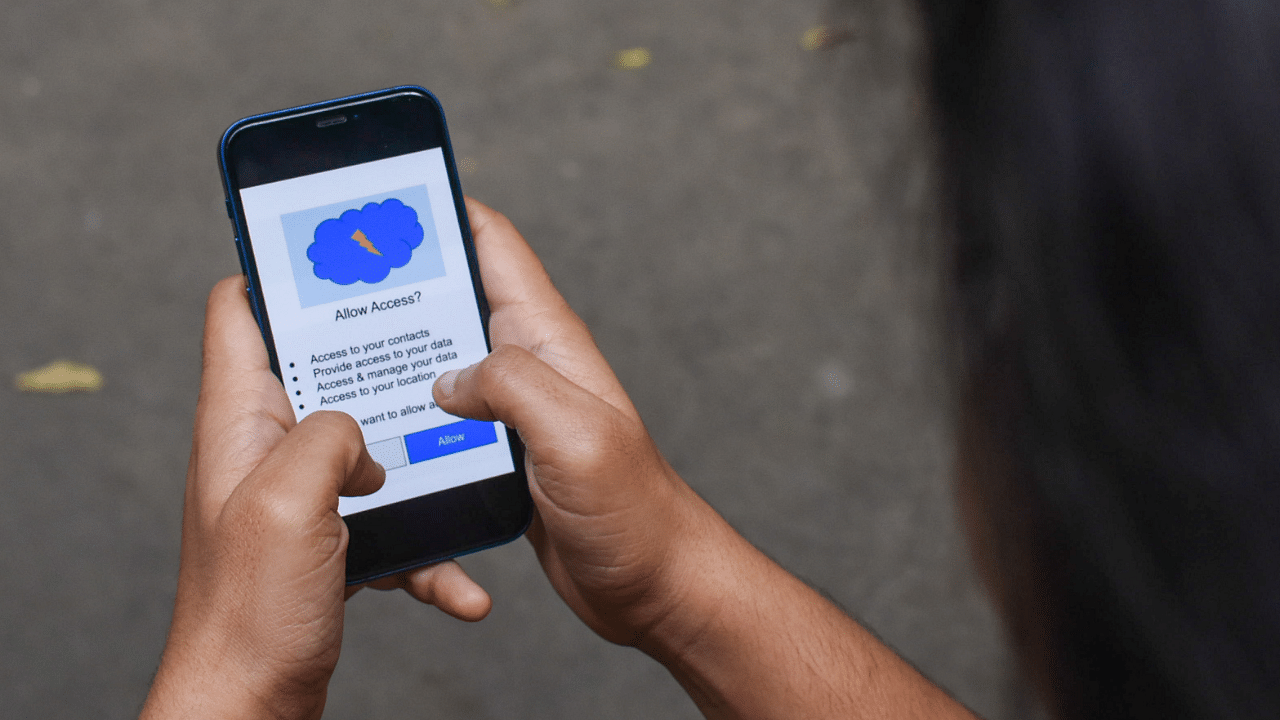
One method of protecting your data is to reduce your digital footprint. Here are some tips:
Cut down the number of active social media accounts. Limit it to one or two.
Use security and privacy tools offered by social media and technology to maximum benefit. Your phone lists apps and the permissions you have given. Scrutinise it and restrict access.
Using a virtual private network also protects your identity on the internet. It ensures your Internet Protocol (IP) address will not be known to the outside world.
Use e-wallets for shopping in place of cards and bank accounts.
Do not let every website use your browser's ‘cookies’. Cookies are unique identifiers of your browsing behaviour, that are saved on your local disk, to enable ‘quick browsing’.
Also read | The gold rush for data mining
Use 'incognito' mode for browsing when possible. In this mode, your browser will not save cookies.
Do not create or register accounts unless it is mandatory. You can buy something with just a ‘guest account’.
Do not share your phone number, email id and other identifiers anywhere, in order to get momentary offers. You can always say ‘No’ if they ask for these in a supermarket or shoe shop.
Finally, remember that while you are a digital identity that is used and targeted by big internet players, how you project yourself online and what you share with the outside world totally depends on you.
(With inputs from Madhusudan Y N, digital safety expert and author of Dark Web, a Kannada book on the topic)